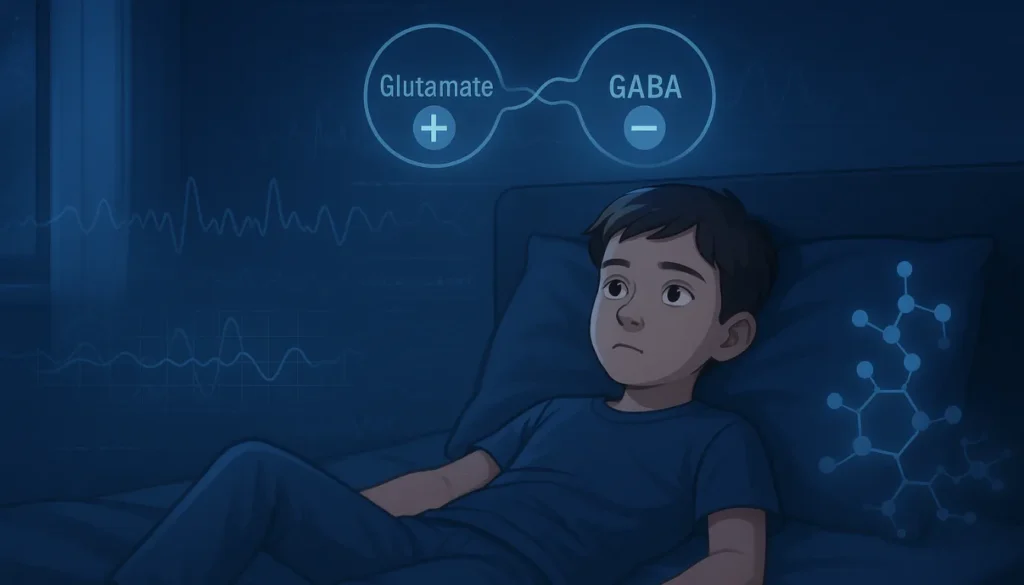Living with tics can feel like you’re constantly navigating an unpredictable storm. Some days are calmer, and you’ve probably noticed patterns if you’ve been paying attention. That late-night scrolling through your phone? The looming work deadline? These everyday factors might be influencing your tics more than you realise.
Why Sleep Matters More Than You Think
We all know sleep is essential, but when you’re managing tics, it becomes absolutely crucial. Here’s what happens when you’re running on empty:
- Your brain doesn’t get proper time to reset and regulate impulses, which can make tics more frequent and intense
- Fatigue lowers your ability to use any suppression techniques you’ve developed over time
- Poor sleep messes with your stress hormones, creating a vicious cycle that amplifies everything
Think of sleep as your brain’s maintenance mode. Without it, everything feels harder to manage. Aim for consistent bed and wake times, even on weekends. Your brain loves routine, and when it comes to managing tourette syndrome, predictability can be your best friend.
The Stress Connection Nobody Talks About Enough
Stress doesn’t cause tics, but it’s like turning up the volume on a radio that’s already playing. When you’re stressed, your body releases cortisol and adrenaline, putting you in a heightened state of alertness. For someone with tics, this can mean:
- More noticeable and frequent tics throughout the day
- Difficulty relaxing even when the stressful situation has passed
- Increased muscle tension that makes motor tics feel more pronounced
- A shorter fuse for managing the urge to tic
The tricky part? Sometimes you don’t even realise you’re stressed until your tics tell you. It’s worth keeping a simple journal, noting when your tics worsen and what was happening that day. You might spot triggers you hadn’t considered before.
Practical Changes That Actually Help
You don’t need to overhaul your entire life. Small, sustainable changes often work better than dramatic ones:
- Create a wind-down routine an hour before bed (dim lights, avoid screens, try some gentle stretching)
- Build in “breathing space” during your day, even if it’s just five minutes of deep breathing between tasks
- Notice your caffeine intake, especially after midday, as it can interfere with both sleep and anxiety levels
- Move your body regularly, whether that’s a walk, yoga, or dancing in your kitchen
The Bottom Line
Managing tics isn’t about achieving perfection or eliminating them. It’s about understanding what influences them and making choices that work for your life. Sleep and stress management won’t cure anything but can make day-to-day life more manageable. Start with one small change, see how it goes, and build from there. Your future self will thank you for it.

